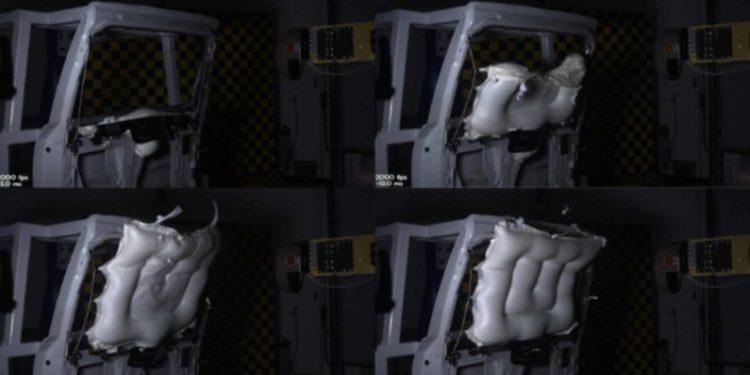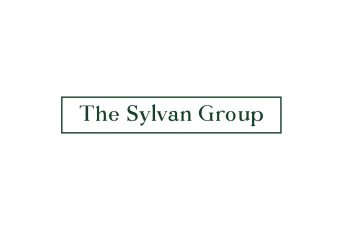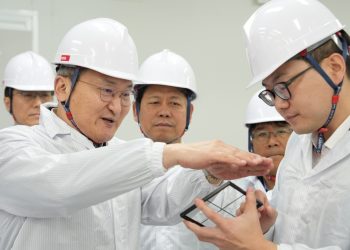Hyundai Mobis Co. has introduced the industry’s first airbags specifically designed for Purpose Built Vehicles (PBVs). The development addresses the safety challenges posed by PBVs, which often feature spacious interiors and versatile design options.
As Hyundai Motor Co. and Kia Corp. prepare to enter the market of personalized vehicles for various uses, the commercialization of PBV-based fleet services is anticipated. Consequently, the demand for advanced passenger safety technologies in this sector is expected to rise, making these specialized airbags a timely and crucial advancement.
Hyundai Mobis has unveiled two airbag technologies specifically designed for purpose-built vehicles (PBVs): a door-mounted curtain airbag and a self-supporting passenger airbag. The door-mounted curtain airbag deploys from the bottom to the top within 0.03 seconds during an accident, which is different from traditional curtain airbags that inflate from top to bottom.
This airbag is particularly effective for PBVs with sliding doors, as it mitigates the limitations of airbag installation on the ceiling due to the door structure. The self-supporting passenger airbag, developed for front-seat passengers, overcomes structural challenges by absorbing impact through support from the lower part of the cushion, ensuring protection even without windshield contact.
This airbag utilizes a wire mechanism, ensuring the cushion unfolds along wires on both sides. This effectively prevents passenger ejection through windows and meets the stringent National Highway Traffic Safety Administration’s (NHTSA) ejection mitigation standard (FMVSS 226).
The self-supporting passenger airbag absorbs impact through its lower part, providing additional protection by mitigating injuries during collisions or rollovers. These advanced safety technologies cater to the unique characteristics of PBVs, which often feature spacious interiors and versatile design options.
With the commercialization of PBV-based fleet services expected to begin next year, Hyundai Mobis anticipates an increase in demand for these innovative passenger safety solutions.
Hyundai Mobis aims to develop various airbags tailored to the diverse forms of PBVs, which can be manufactured as passenger cars, trucks, or taxis on electric vehicle platforms.
The global PBV industry is projected to grow dramatically, with Hyundai Motor Group forecasting an increase from 1.3 million units next year to 20 million units by 2030.
Additionally, Hyundai Motor Co., the larger affiliate, unveiled the electric commercial vehicle platform ST1 in March in the PBV market. Hyundai Mobis stated that its PBV airbags meet safety requirements in developed automobile markets like North America, emphasizing the advanced safety features of these innovations.
Lee Kyu-Sang, Head of the Safety System R&D Group at Hyundai Mobis, highlighted that these new airbags were developed with the urban transportation-focused PBV market in mind. Given the openness and larger side windows of RoboRide PBVs, there is a growing need for advanced passenger safety devices.
The self-supporting airbag is designed to accommodate PBVs with nearly vertical windshields. It secures the airbag cushion close to the front crash pad and meets the high safety standards of the North American New Car Assessment Program (NCAP).
Hyundai Mobis is focusing on the scalability of airbags for PBVs. The company plans to develop and introduce various airbags tailored to diverse interior designs, ensuring they cater to customer needs with flexible seating arrangements and passenger orientations.
Also Read:
- LG Electronics Enters Smart Factory Market with $725 Million Sales Goal by 2030
- SK Group Reshapes Energy Sector with Major Merger
- Samsung Launches Advanced Energy Management for Tesla Owners
- Kakao Entertainment Named First Korean TCRP Partner by Google
- Korea Unveils Blueprint to Become Global Science and Technology Hub







